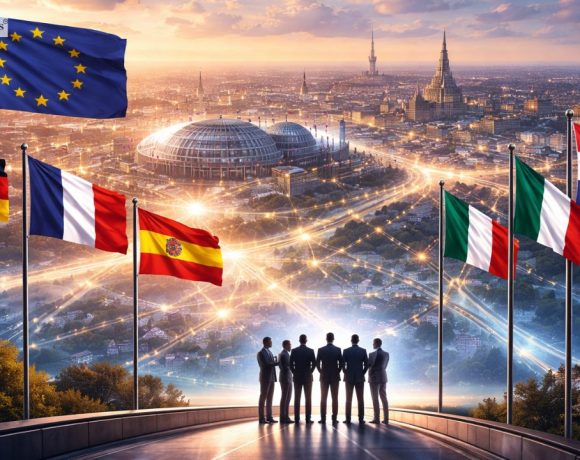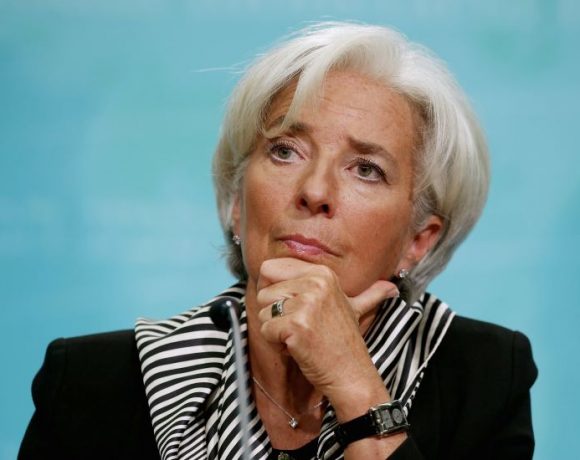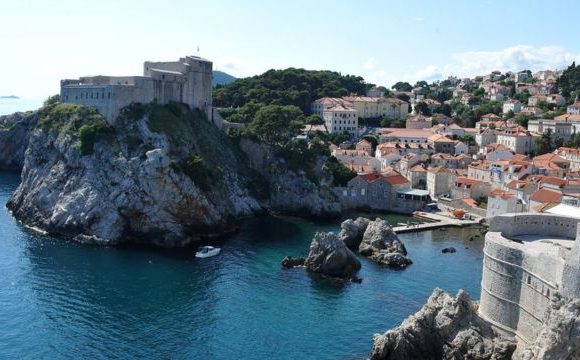
Germany is advocating a “two-speed” European Union to overcome decision-making gridlock and strengthen the bloc’s economic and strategic autonomy. German Finance Minister Lars Klingbeil said a core group of countries should move faster on key policies, arguing that the EU needs new momentum to respond to growing geopolitical and economic challenges.
Klingbeil has invited finance ministers from France, Poland, Spain, Italy and the Netherlands to form a leading group of six economies, with an initial video meeting planned as a starting point. The proposal aims to boost Europe’s sovereignty, resilience and competitiveness, as EU economies seek to reduce reliance on imported critical raw materials and shield themselves from global trade fragmentation and tariff risks.
According to a letter seen by Reuters, the initiative includes a four-point agenda focusing on advancing the capital markets union, strengthening the international role of the euro, improving coordination on defence investment, and securing supplies of strategic raw materials. Klingbeil said faster progress in these areas is essential to make Europe stronger, more independent and better prepared for an increasingly unpredictable global environment.
Pic courtesy: google/ images are subject to copyright


